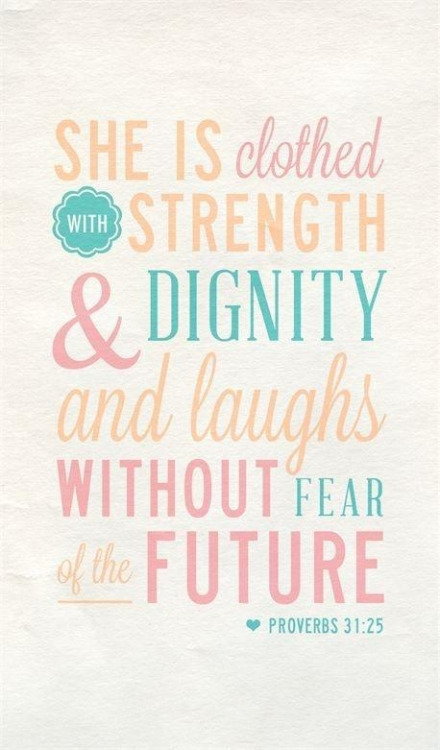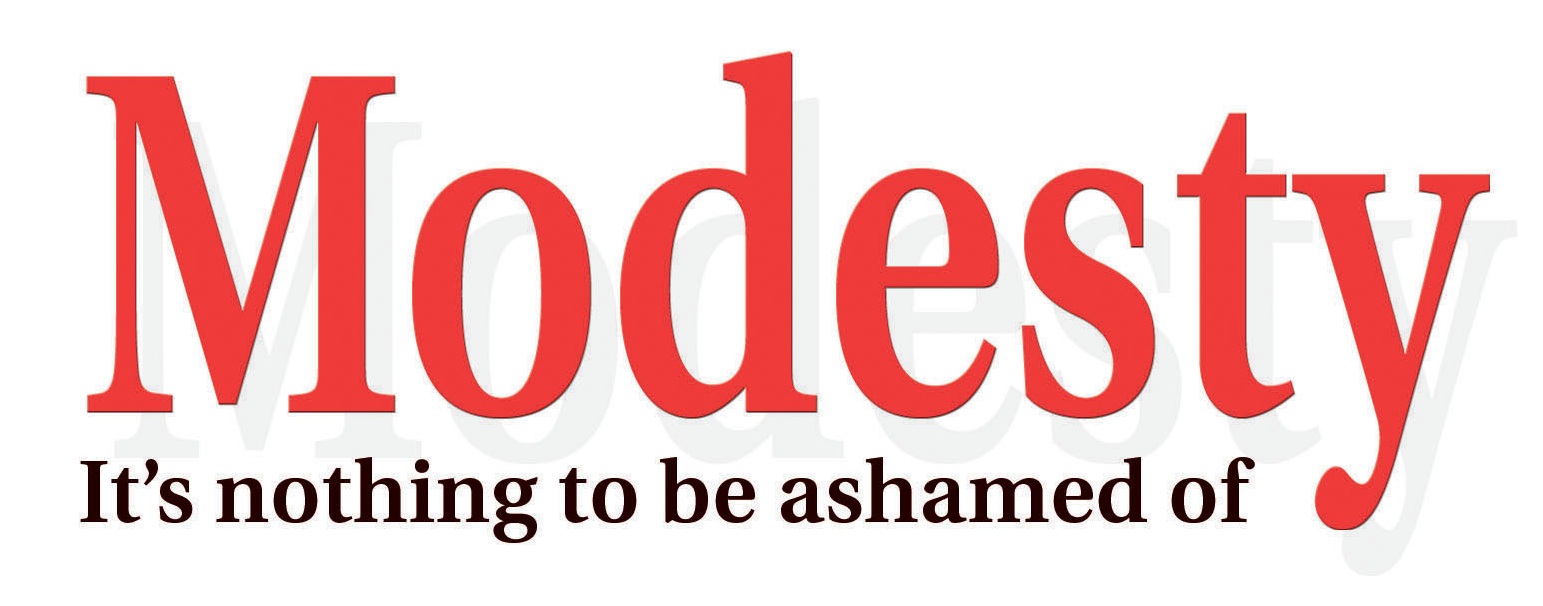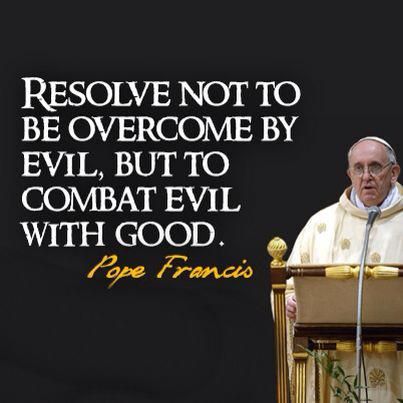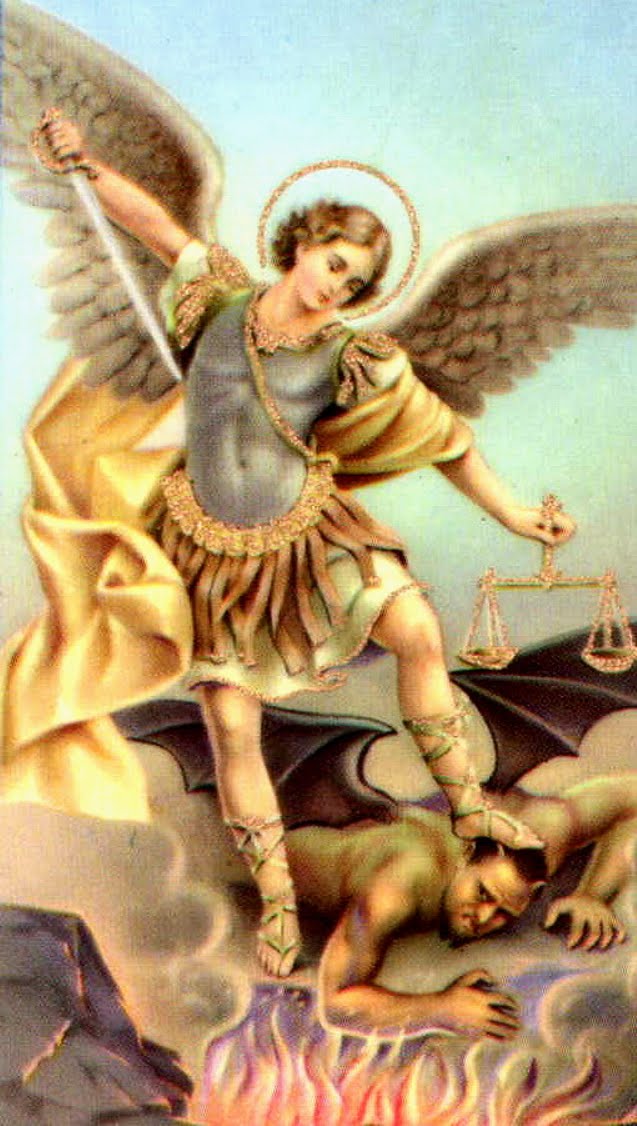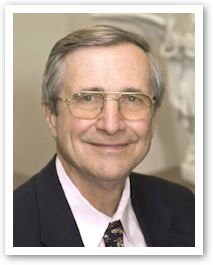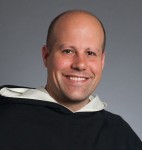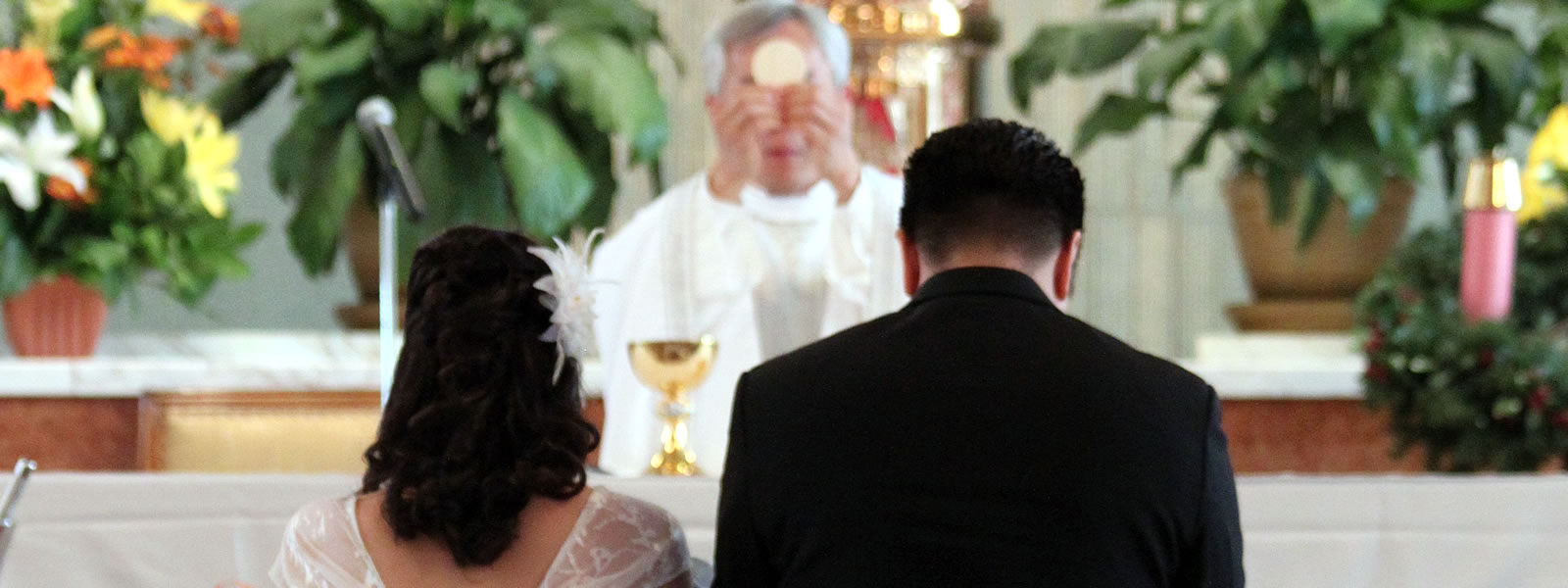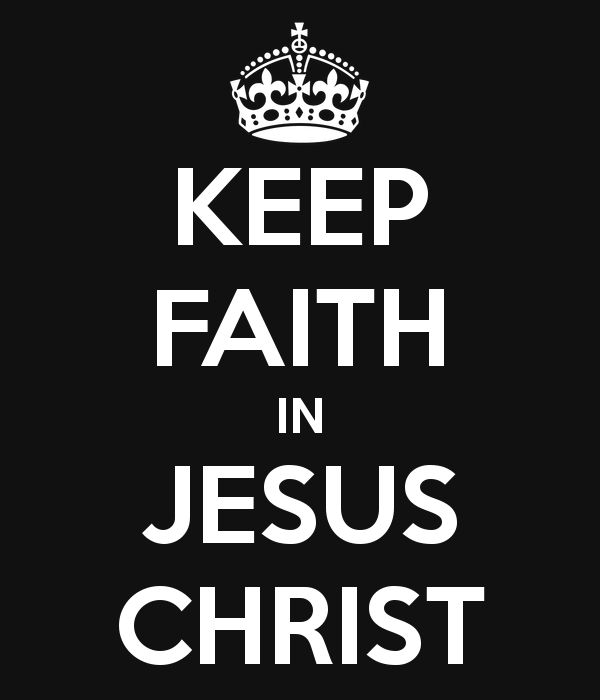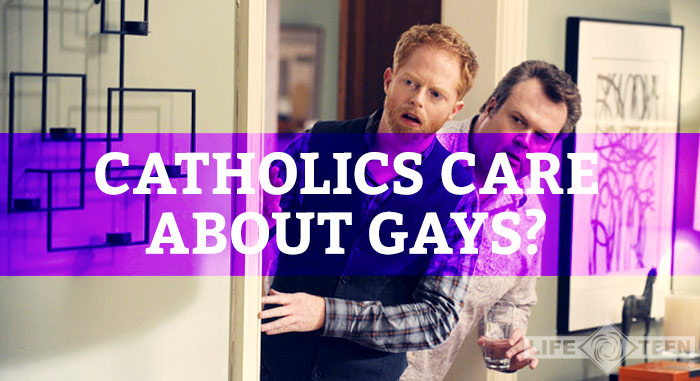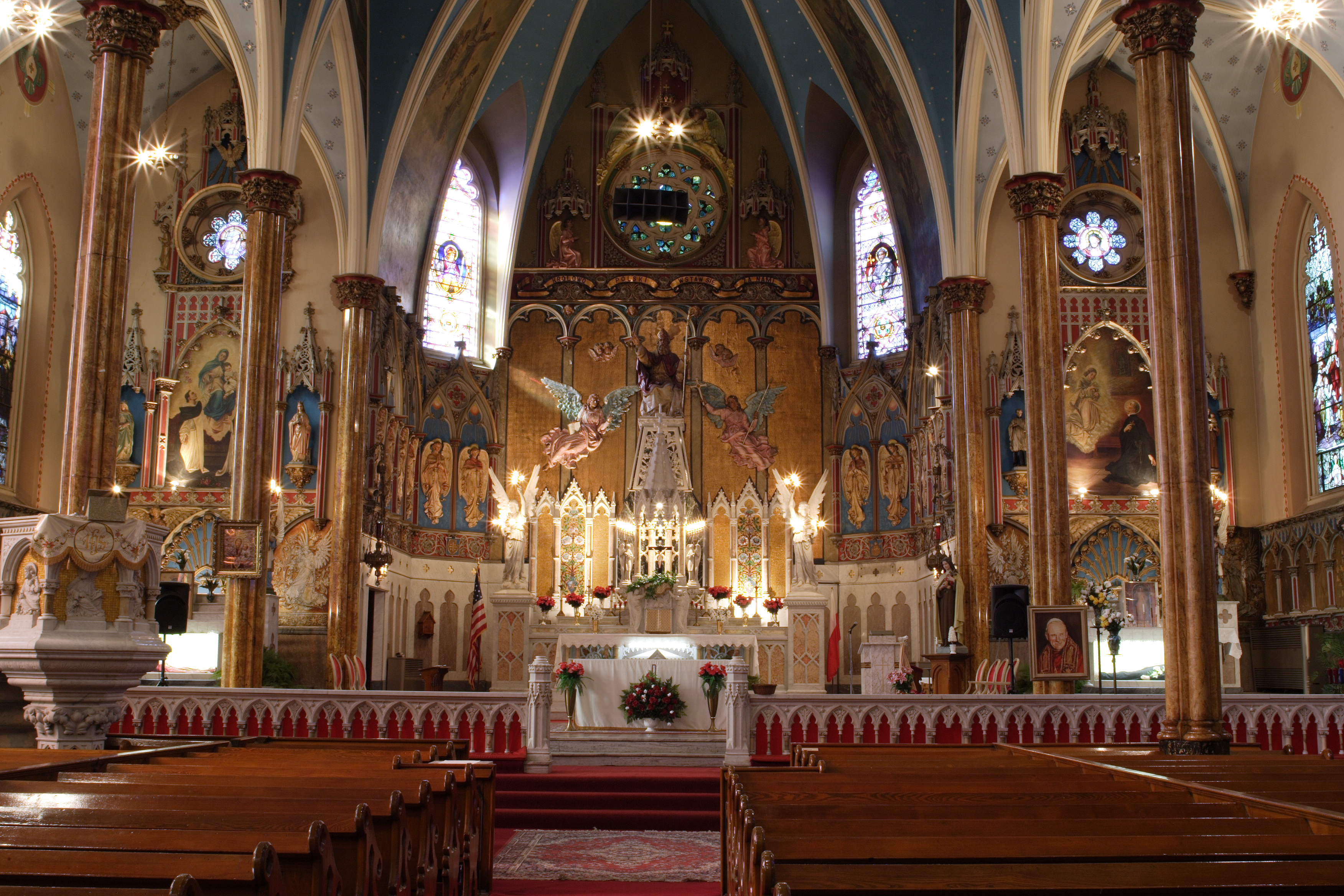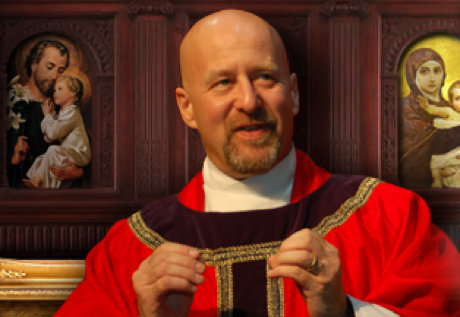-www.cuf.org, Catholics United for Faith
“Tattoos and acts of body piercing are not intrinsically evil. The Church offers principles by which Catholics can discern whether it is sinful to be tattooed or have one’s body pierced in particular situations.

PALAISEAU, France (Reuters) – A schoolteacher, Sylvain Helaine, aka “Freaky Hoody” whose body, face and tongue are covered in tattoos and who has had the whites of his eyes surgically turned black.
WHAT SACRED SCRIPTURE HAS TO SAY
Some Protestant authors have argued that the Bible forbids tattoos and body piercing. They typically cite the following verse: “You shall not make any cuttings in your flesh on account of the dead or tattoo any marks upon you: I am the Lord” (Lev. 19:28).
References to this verse are not present in important magisterial documents and in the principal writings of the Fathers of the Church. It is the consensus of Catholic biblical commentators that this prohibition is not part of the unchanging moral law, but part of the ritual law specific to the Old Testament. Many commentators believe that this prohibition was intended to separate Israel from its Canaanite neighbors; some believe that the cuttings in the flesh and tattoo marks to which the verse refers were part of idolatrous Canaanite worship. The context of the verse favors this interpretation. The preceding verse reads, “You shall not round off the hair on your temples or mar the edges of your beard” (Lev. 19:27)—this prohibition is certainly not applied to members of the Church.
The Church does not teach that Sacred Scripture forbids tattooing and body piercing, but the Church does offer principles by which to discern whether, in particular situations, it is sinful to be tattooed or have one’s body pierced.
RESPECT FOR HEALTH & BODILY INTEGRITY
The Fifth Commandment—”You shall not kill”—does not simply require respect for human life; it also compels Christians to respect the dignity of persons and to safeguard peace (see The Catechism of the Catholic Church, nos. 2258-2330). Respect for the dignity of persons includes, among other things, respect for the souls of others, for their health, and for their bodily integrity.
“Life and physical health,” the Church teaches, “are precious gifts entrusted to us by God. We must take reasonable care of them, taking into account the needs of others and the common good” (Catechism, no. 2288). Prudence dictates that persons considering tattoos or body piercing research any health risks that may be involved. If a particular act of tattooing or body piercing entails a likely risk to health, it would be more or less sinful depending upon the gravity of the risk. If a particular act involves mutilation—if the act renders a bodily organ unable to perform its function—the act is immoral (Catechism, no. 2297).
CHARITY AND RESPECT FOR THE SOULS OF OTHERS
Catholics must also consider the common good when they decide whether to be tattooed or have their bodies pierced. In certain instances—for example, in indigenous cultures in which tattooing is a rite of passage to adulthood—the common good practically demands that a person be tattooed.1
In the United States and other Western countries, however, considerations of the common good generally lead one away from being tattooed or having one’s body parts2 pierced (as they are commonly regarded as socially unacceptable.)
The question of whether an act of tattooing or body piercing hinders a Catholic’s evangelizing mission leads to the broader question of whether such an act harms the souls of others. Tattoos whose words and images celebrate the demonic, are unchaste, or otherwise offend against charity are immoral.
Even if a tattoo’s words and images are not uncharitable in themselves, the act of obtaining a tattoo can be rendered immoral if done so with an evil intention—for example, in order to spite one’s parents or society (cf. Catechism, no. 1752).
Persons considering body piercing should also be aware of the implicit messages that the particular act of piercing conveys in a particular time and place. Some acts of body piercing can imply approval for the immoral homosexual lifestyle. Other acts of body piercing can imply active participation in, or a desire to participate in, other unchaste acts. In such cases, the acts of body piercing are immoral because they appear to manifest an approval of sin and thus scandalize others (cf. Catechism, no. 1868, 2284).
QUESTIONS TO CONSIDER
Persons considering getting tattoos or having their bodies pierced may want to reflect on the following questions:
-
- Does this particular act of tattooing or body piercing involve a risk to my health?
- Would this act mutilate me—that is, would it inhibit the proper functioning of my skin or another organ of my body?
- Is the explicit message of my tattoo compatible with love of God and neighbor?
- Is the implicit message of my tattoo compatible with love of God and neighbor? Does it convey an implicitly unchaste message?
- Why do I want to get a tattoo or have my body pierced?
- If I am under the authority of my parents, would this act be an act of disobedience that would violate the Fourth Commandment?
- Would this particular act needlessly offend my family, friends, neighbors, and colleagues, and thus hinder my ability to lead others to Christ and His Church?
- Can the expense involved be justified in light of the needs of my family, the Church, and the poor?
In most cultural contexts in the United States, a woman’s decision to have her ears pierced is compatible with respect for health and bodily integrity, charity, and respect for the souls of others. Other acts of piercing and tattooing are more open to question.
The criteria above can help one come to a prayerful and prudent decision in one’s particular circumstances.”
Catechism of the Catholic Church
Mutilation
(CCC 2297) “Except when performed for strictly therapeutic medical reasons, directly intended amputations, mutilations, and sterilizations performed on innocent persons are against the moral law.”
Modesty
(CCC 2521) “Purity requires modesty, an integral part of temperance. Modesty protects the intimate center of the person. It means refusing to unveil what should remain hidden. It is ordered to chastity to whose sensitivity it bears witness. It guides how one looks at others and behaves toward them in conformity with the dignity of persons and their solidarity.”
(CCC 2522) “Modesty protects the mystery of persons and their love… Modesty is decency. It inspires one’s choice of clothing. It keeps silence or reserve where there is evident risk of unhealthy curiosity. It is discreet.”
(CCC 2523) “There is a modesty of the feelings as well as of the body. It protests, for example, against the voyeuristic explorations of the human body in certain advertisements, or against the solicitations of certain media that go too far in the exhibition of intimate things. Modesty inspires a way of life which makes it possible to resist the allurements of fashion and the pressures of prevailing ideologies.”
(CCC 2297) “Except when performed for strictly therapeutic medical reasons, directly intended amputations, mutilations, and sterilizations performed on innocent persons are against the moral law.”

-“Christ Crowned with Thorns”, Dirk Bouts, 1470, oil with egg tempera on canvas backed onto board, transferred from wood 43.8 × 37.1 cm, The National Gallery, London, UK, please click on the image for greater detail
God’s tattoos = His wounds for us.
Love,
Matthew
(n.b. customized and summarized for a Twitter interlocuter specifically inquiring regarding strangely coloring one’s hair.
“(Strangely coloring one’s hair) is not intrinsically evil…The Fifth Commandment—”You shall not kill”—does not simply require respect for human life; it also compels Christians to respect the dignity of persons and to safeguard peace (see The Catechism of the Catholic Church, nos. 2258-2330). Respect for the dignity of persons includes, among other things, respect for the souls of others, for their health, and for their bodily integrity…Catholics must also consider the common good when they decide whether (to have strangely colored hair)…The question of whether an act of (strangely coloring one’s hair) hinders a Catholic’s evangelizing mission leads to the broader question of whether such an act harms the souls of others…or otherwise offend against charity are immoral…Even if (strangely coloring one’s hair) are not uncharitable in themselves, the act of (strangely coloring one’s hair) can be rendered immoral if done so with an evil intention—for example, in order to spite one’s parents or society (cf. Catechism, no. 1752)….Is the explicit message of (strangely coloring one’s hair) compatible with love of God and neighbor?…Is the implicit message of (strangely coloring one’s hair) compatible with love of God and neighbor?…If I am under the authority (let’s say parents, or others) would this act be an act of disobedience that would violate the Fourth Commandment?…Would this particular act needlessly offend my family, friends, neighbors, and colleagues, and thus hinder my ability to lead others to Christ and His Church?
Can the expense involved be justified in light of the needs of my family, the Church, and the poor?…In most cultural contexts in the United States, a woman’s decision to have her ears pierced is compatible with respect for health and bodily integrity, charity, and respect for the souls of others. Other acts (such as strangely coloring one’s hair) are more open to question.
The criteria above can help one come to a prayerful and prudent decision in one’s particular circumstances.”
“Another obvious way of committing scandal is by giving bad example, without necessarily intending to lead others into sin. This can include (strangely coloring one’s hair) This is what we mean by scandalous behavior. A person who dresses or behaves immodestly can be guilty of the sins of all those who look at them (and therefore be led to believe the customs of moderate society are therefore void, and can be flouted. Again, respect and charity for others).””
1 In People on the Move (December 2003, pp. 281-88),a publication of the Pontifical Council for the Pastoral Care of Migrants and Itinerant People, Fr. Mathias Bhuriya has written about the role of tattooing in the Adi-Vasi Bhalai nomadic Indian culture.
2 i.e., Obviously, not referring here to women’s pierced ears.

